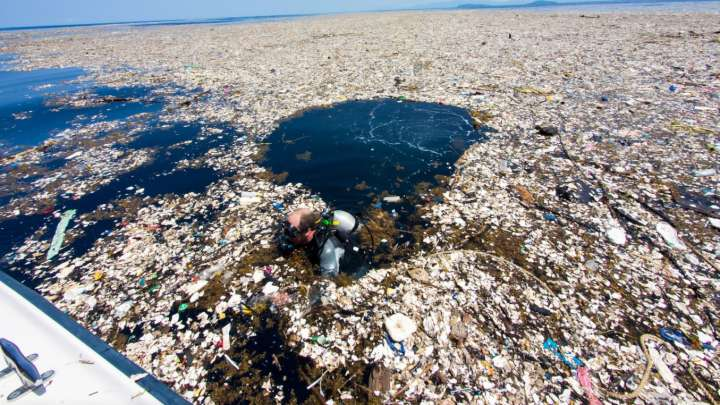
Scientists report starch synthesis from Carbon dioxide
Starch is the major component of grain as well as an important industrial raw material. At present, it is mainly produced by crops such as maize.
Scientists designed a chemoenzymatic system as well as an artificial starch anabolic route consisting of only 11 core reactions to convert CO2 into starch.
This route was established by a "building block" strategy, in which the researchers integrated chemical and biological catalytic modules to utilize high-density energy and high-concentration CO2 in a biotechnologically innovative way.
The artificial route can produce starch from CO2 with an efficiency 8.5-fold higher than starch biosynthesis in maize, suggesting a big step towards going beyond nature. It provides a new scientific basis for creating biological systems with unprecedented functions.
The annual production of starch in a one-cubic-meter bioreactor theoretically equates with the starch annual yield from growing 1/3 hectare of maize without considering the energy input.
If the overall cost of the process can be reduced to a level economically comparable with agricultural planting in the future, it is expected to save more than 90% of cultivated land and freshwater resources.
In addition, it would also help to avoid the negative environmental impact of using pesticides and fertilizers, improve human food security, facilitate a carbon-neutral bioeconomy, and eventually promote the formation of a sustainable bio-based society.
 English
English Arabic
Arabic


